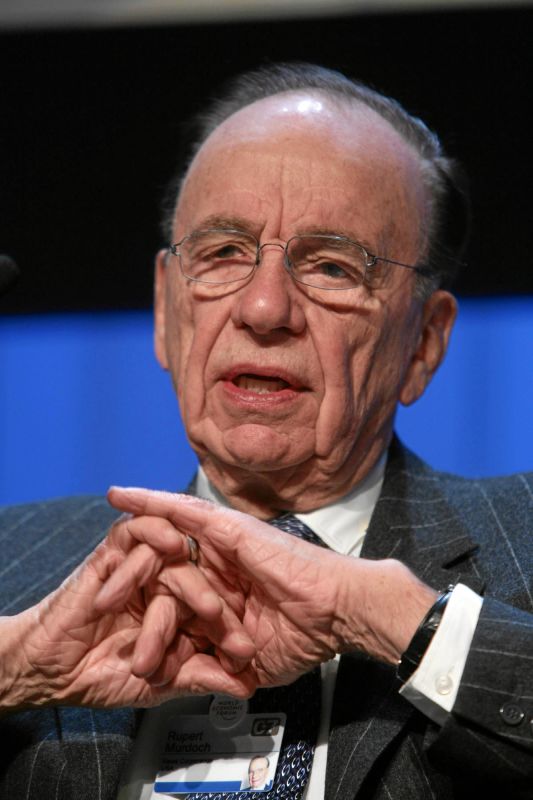Based on emails and comments, a few people missed the joke at the end Thursday’s post. The three movies my friend listed were all written by the same screenwriter, Charlie Kaufman; each film had a different director. Clearly, the writer leaves a consistent mark.
Several people concurred with Do You Come With the Car:
Titanic would be a completely different film if directed by Tim Burton rather than James Cameron.
Sure, and it would be different if it was written by John August rather than James Cameron. It would be different if it was shot by Darius Khondji rather than Russell Carpenter, or edited by Thelma Schoonmaker rather than Conrad Buff and Richard Harris.
I’m not arguing that the director is unimportant. I’m arguing that he’s not the only important person. A movie is made by a lot of people, not one, single author.
Ryan M. wrote:
How a scene is shot and edited can change the emphasis of the audiences attention and the mood to an entirely different place from what the script had intended.
Yes, yes, the various departments are interrelated. If a scene is written to take place in front of a roaring fire, that affects the lighting. It doesn’t make it any less true to say the DP is responsible for the way a scene is lit.
Claiming that the “average viewer” can’t tell the difference is a fallacious argumentum ad populum. The opinion of a majority of people doesn’t become truth.
Hey, somebody paid attention in rhetoric class. The thing is, appealing to popular opinion does not ipso facto render the argument false. We’re not talking about math or science here.
It’s a movie, and popular opinion counts.
Story isn’t “entirely the writers purview”. Producers and directors might enforce a ton of notes and rewrites.
You’ve got the causality backwards. Directors can demand a rewrite because of auteur theory.
In every other medium, from comic books to plays, from television to opera, the writer’s work is sacrosanct. Even when the writing is altered for one reason or another, the writer is still the author.
Romeo and Juliet is restaged in abridged form in dozens of high schools around the world every year. Would you consider the local drama teacher to be the author of the play?

I just don’t see why movies should be the exception.
Beyond that, telling someone to do something is not the same as actually doing it. If you’re going to conflate managing with creating, why stop at the director or producer? What about the production executive who oversees the production and tells the director to make it edgier? Or the studio head who greenlit the movie in the first place? Or the CEO of the entertainment conglomerate who hired the studio head?

2 Responses